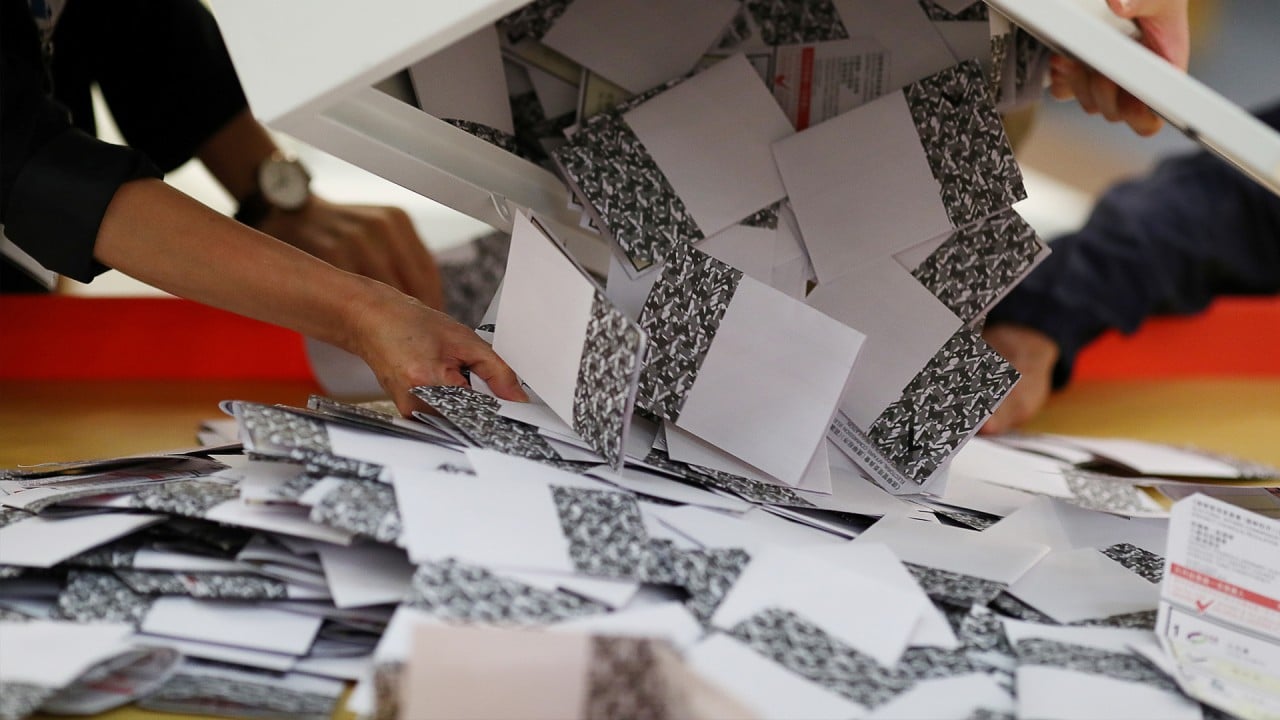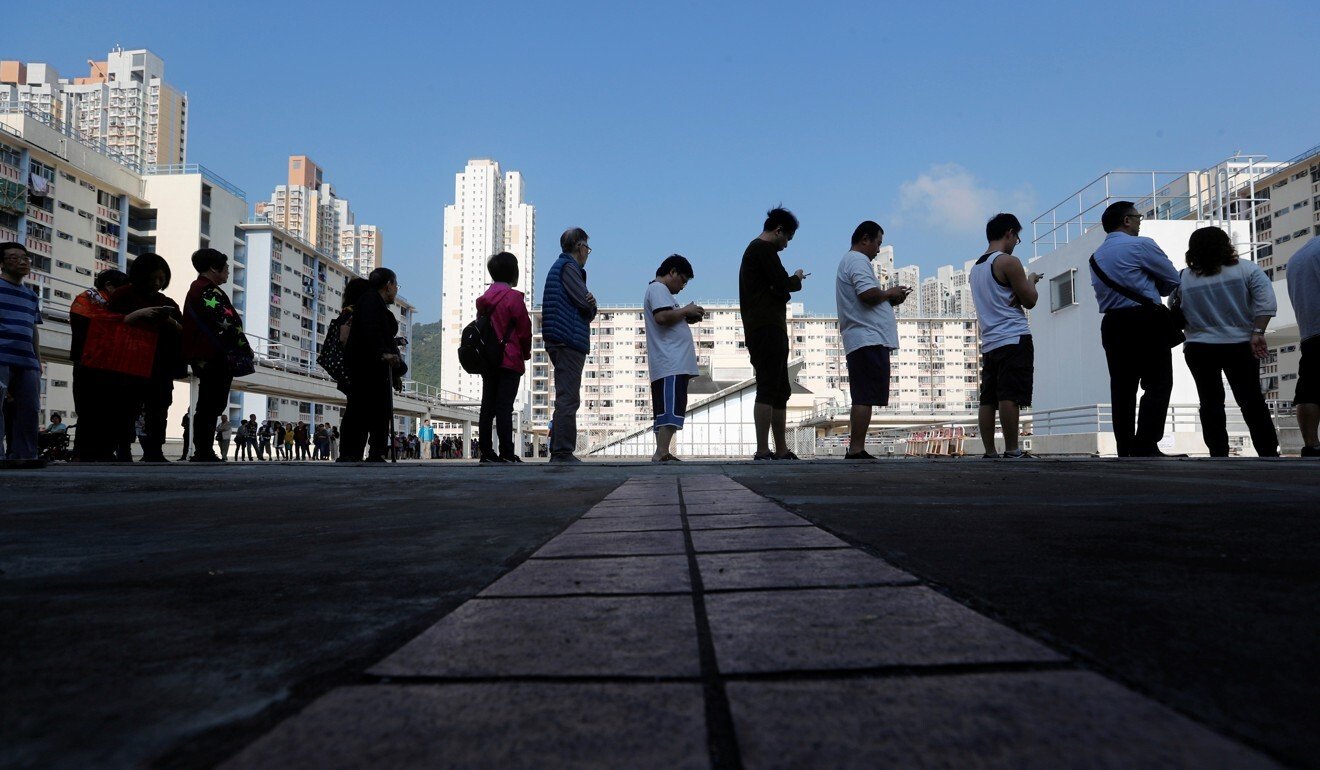
As Beijing overhauls Hong Kong’s electoral system, is the city reaping what it sowed?
- The year-long anti-government protests and street violence of 2019 finally broke the back of any remaining patience Beijing might have had
- But while the opposition bloc’s future remains uncertain, there are tougher challenges ahead for their pro-establishment rivals too
You reap what you sow. This must have been on Beijing’s mind when it forged ahead with a drastic overhaul of Hong Kong’s electoral system.
The central government is now taking steps to ensure that only “patriots” can rule Hong Kong, blocking those it deems to be posing threats to national security from entering the city’s political arena.
If that is the fate awaiting Hong Kong’s opposition politicians, such a sweeping reform also serves as a timely reminder of the many tougher challenges ahead for their rivals from the pro-establishment camp. Are they prepared enough to win the hearts and minds of a broader general public, since Beijing has concluded that the “majority” of Hongkongers are patriotic?
Beijing has done its part by setting the new rules of the game. Whether this means final curtains for the opposition bloc is one thing, but how Beijing’s chosen group is to step up to the plate and prove its competence is another.

06:05
Two sessions: China’s parliament plans an overhaul of Hong Kong’s electoral system
The demise of one does not automatically entail a rosy future for the other without hard legwork. That is just common sense.
Critics have lamented Beijing’s decision as a major step backward for Hong Kong’s democratic development. But the hard reality is, regardless of the ups and downs of cross-border ties over almost 24 years now, the year-long anti-government protests and street violence of 2019 became the straw that finally broke the back of any remaining patience Beijing might have had. The Hong Kong government had to shelve the extradition bill which triggered this unprecedented crisis.
The proposals to revamp Hong Kong’s political system being deliberated in the ongoing “two sessions” – the annual parliamentary gathering of the country’s top legislature and political consultative body – will have a far-reaching impact on the city, and its opposition forces, for sure. But that impact may be as profound on the pro-establishment side, which will have no more excuses for not stepping up.
The overhaul of the system includes expanding the current 1,200-strong Election Committee, responsible for the selection of the city’s future leader, into a 1,500-member body by adding 300 more pro-Beijing members. The committee will be empowered to vet not only anyone who wants to run for the city’s top job but also those seeking a seat in the Legislative Council. A complete shake-up of Legco is on the way as well.
Beijing’s one and only goal is to ensure absolute control over who gets to run for the city’s key governing positions.
However, Vice-Premier Han Zheng, Beijing’s point man in charge of Hong Kong affairs, sent out another key signal over the weekend – the overhaul is not to eliminate dissent or opposing voices, and many of Hong Kong’s deep-rooted social issues must be addressed, too.

That reflects the typical carrot-and-stick approach towards Hong Kong, but it also shows that Beijing recognises the need for the pro-establishment camp to get its own house in order. Political loyalty aside, the ability to govern, including problem-solving skills and strategy, is just as critical.
From the early post-1997 years, Beijing has already been urging the pro-establishment camp to further improve its political quality and public image, plus train new talent. Former vice-president Zheng Qinghong was the first to highlight this back in 2003.
Recent years have seen pro-establishment candidates suffer various defeats in elections. While they can blame the intensifying social divide, have they done enough soul-searching to learn their own lessons? Hongkongers, along with Beijing, are watching.
“It takes a good blacksmith to make [quality] steel,” President Xi Jinping warned Beijing officials. In a sense, it applies well to pro-establishment political aspirants in this city.
Public support does not just fall from the sky.

